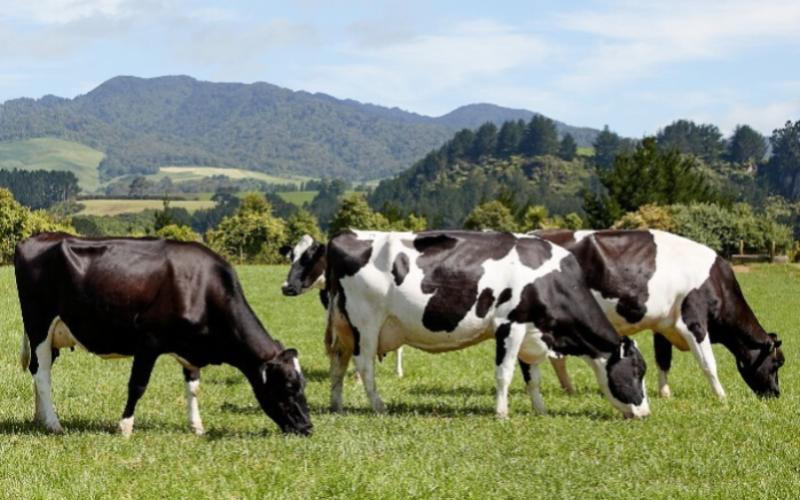Dairy Industry Fights Back On New ‘Dairy-Free Butter’ Label
A new product from Country Crock labeled as “dairy-free butter” has sparked growing concern within the dairy industry.
The dairy industry urges FDA action against ‘dairy-free butter’ labeling, citing federal standard violations and consumer confusion.
The dairy industry is mounting a strong pushback against the use of traditional dairy terms, particularly the word “butter,” on plant-based alternatives. The American Butter Institute (ABI) has formally requested the U.S. Food and Drug Administration (FDA) to take decisive action against products like Country Crock’s “dairy-free butter.” The ABI argues that such labeling is misleading and violates federal standards, which define butter as a product made exclusively from milk or cream.
This intensifies the ongoing struggle within the agribusiness sector to control the narrative around butter labeling. Christopher Galen, executive director of the ABI, contends that plant-based manufacturers are attempting to “leverage the premium perception of real dairy butter.” He labels the term “butter” for plant-based products as a “total oxymoron,” which could undermine the integrity of food labeling. The dairy industry’s argument hinges on federal identity standards, which legally define butter as a milk-derived product.
By allowing “fake butters” to use the term, they argue, the regulations are breached, and it potentially misleads consumers within the dairy product market. This debate is not new. The National Milk Producers Federation raised similar objections in 2019 regarding plant-based butter labeling. The dairy industry maintains that only milk-origin products should use dairy-specific terms.
The outcome of the FDA’s decision on this matter could greatly affect the competitive dynamics between dairy and non-dairy markets, highlighting the growing regulatory challenges faced by both traditional dairy producers and plant-based innovators.
Galen emphasized that labeling a non-dairy item as butter is a direct violation of federal standards. Galen remains hopeful that the Trump administration will give the complaint careful consideration and respond with greater sympathy to their concerns.

